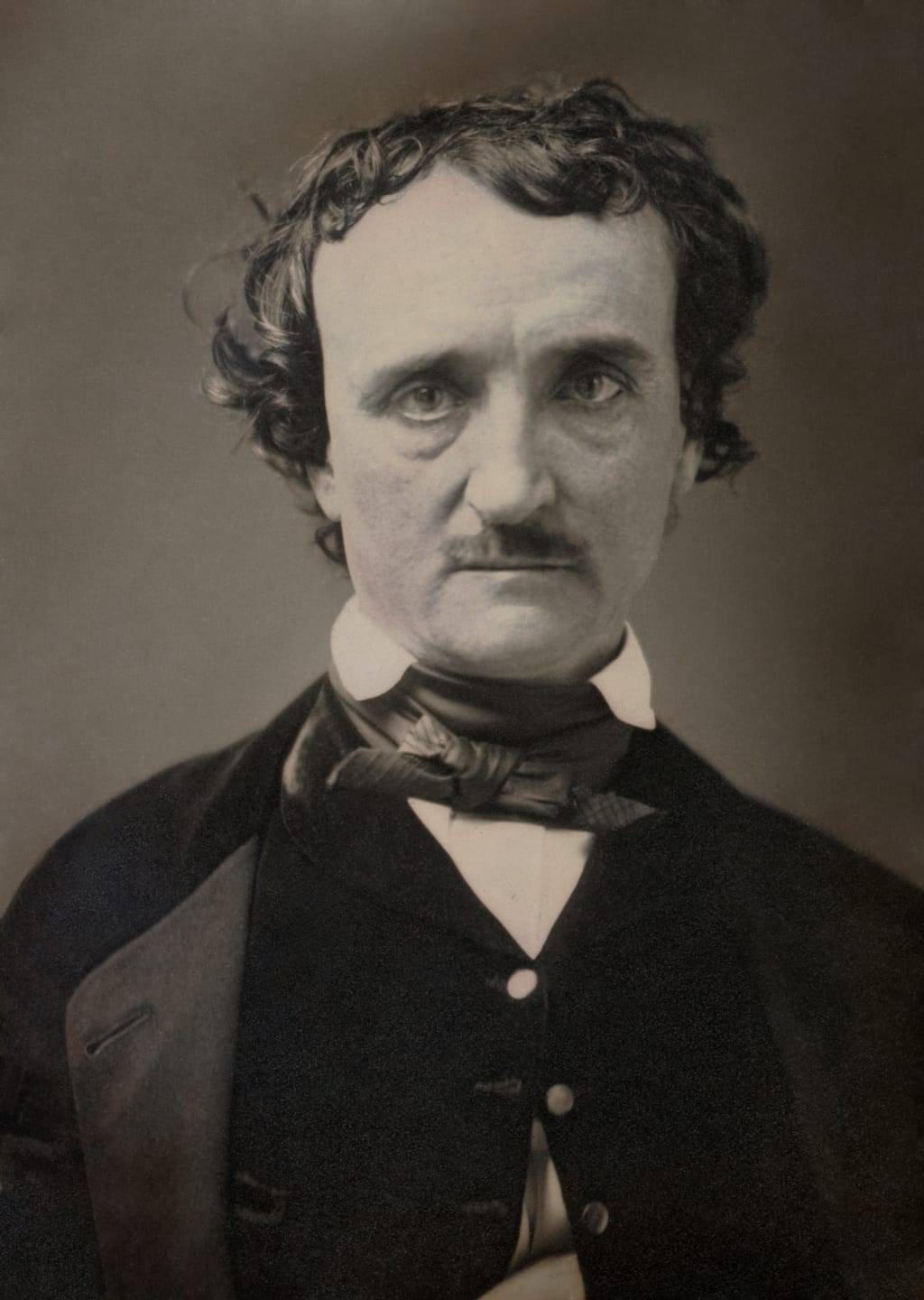Welcome back into another true crime article done by yours truly. It has been a while since I've delved back into making a true crime article so here's this months article focusing on the history and evolution of true crime.
For ages, audiences have been enthralled with the genre of true crime, which explores the most horrific acts perpetrated by people against others, peering into the darkest corners of human nature. The genre has changed over time, reflecting society attitudes, technology improvements, and the dynamic nature of criminality. It began with infamous murders and progressed to complex frauds.
Origins
True crime stories have their origins in the oral traditions of ancient civilizations, when criminal events were recounted for amusement or as warnings. But with the advent of newspapers and pamphlets in the 18th century, true crime as a genre started to take shape. These magazines took advantage of high-profile crimes and often fabricated details in order to draw in readers.
"The Newgate Calendar," which detailed the lives and crimes of infamous criminals, was one of the first real crime books, having been released in 1773. In addition to piqueing public interest, these publications helped to inspire moral panic that fueled calls for criminal justice reform.
The Victorian Era and Its Sensationalism
A pivotal time in the evolution of genuine crime was the Victorian era. Media sensationalist publications like "The Illustrated Police News" profited off graphic accounts of homicide, robbery, and scandal by catering to the public's voyeuristic desires. These journals frequently blurred the distinction between journalism and entertainment by including comprehensive crime reports and colourful drawings.
The 1888 Jack the Ripper killings were one of the most notorious true crime cases of the Victorian era. The London neighbourhood of Whitechapel was plagued by an anonymous serial killer who left a trail of graphic murders in his wake. Widespread media coverage of the case led to popular frenzy and obsession with the unidentified murderer.
Literature Contributions
Authors like Edgar Allan Poe and Arthur Conan Doyle used elements of crime and detection in their writings, giving the true crime genre more literary expression. Readers were enthralled by the complex narratives and deductive reasoning of Poe's "The Murders in the Rue Morgue" and Doyle's Sherlock Holmes adventures.
Real crime writing saw a comeback in the 20th century after Truman Capote's "In Cold Blood" was published in 1966. The book, which detailed the horrific murder of the Clutter family in Kansas, invented the non-fiction novel genre by fusing narrative storytelling with journalistic accuracy.
The Rise of Media in Digital Age
With the introduction of television and cinema, millions of people were exposed to true crime through documentaries, docuseries, and motion pictures based on actual crimes. With their dramatic re-enactments and insightful analysis, television shows like "America's Most Wanted" and "Forensic Files" captivated viewers by showcasing the efforts of law enforcement agencies and forensic professionals in solving murders.
The advent of podcasts, blogs, and online forums has allowed amateur investigators and armchair detectives to analyse and debate cases, further revolutionizing the true crime genre. The spread of true crime content has also been greatly aided by social media, which lets people share news stories, documentaries, and original theories with a worldwide audience.
Ethical Considerations
Even though true crime shows are still very popular, there are some controversial aspects to them. Critics contend that the genre sensationalizes violent acts and takes advantage of victims' and their families' pain for its own amusement. Concerns have also been raised over how true crime media might affect how the general public views crime and justice, as some studies indicate that viewers may become less sensitive to these issues.
On the other hand, supporters of true crime argue that it educates viewers about the complexity of the criminal justice system and the realities of crime. Proponents also highlight how real crime media sparks curiosity about unsolved mysteries and cold cases, which in turn spurs the public and law enforcement to step up their efforts to bring victims' rights to justice.
Conclusion
As varied and intricate as the crimes themselves are the history of actual crimes. The genre has captivated viewers with its investigation of the human psyche and the pursuit of justice from its modest beginnings in ancient storytelling to its contemporary expressions in digital media. The ongoing attraction of true crime serves as a reminder of our continued interest with the darker sides of human experience, even as society wrestles with moral dilemmas surrounding the portrayal of crime and violence.



No comments yet
Be the first to share your thoughts!